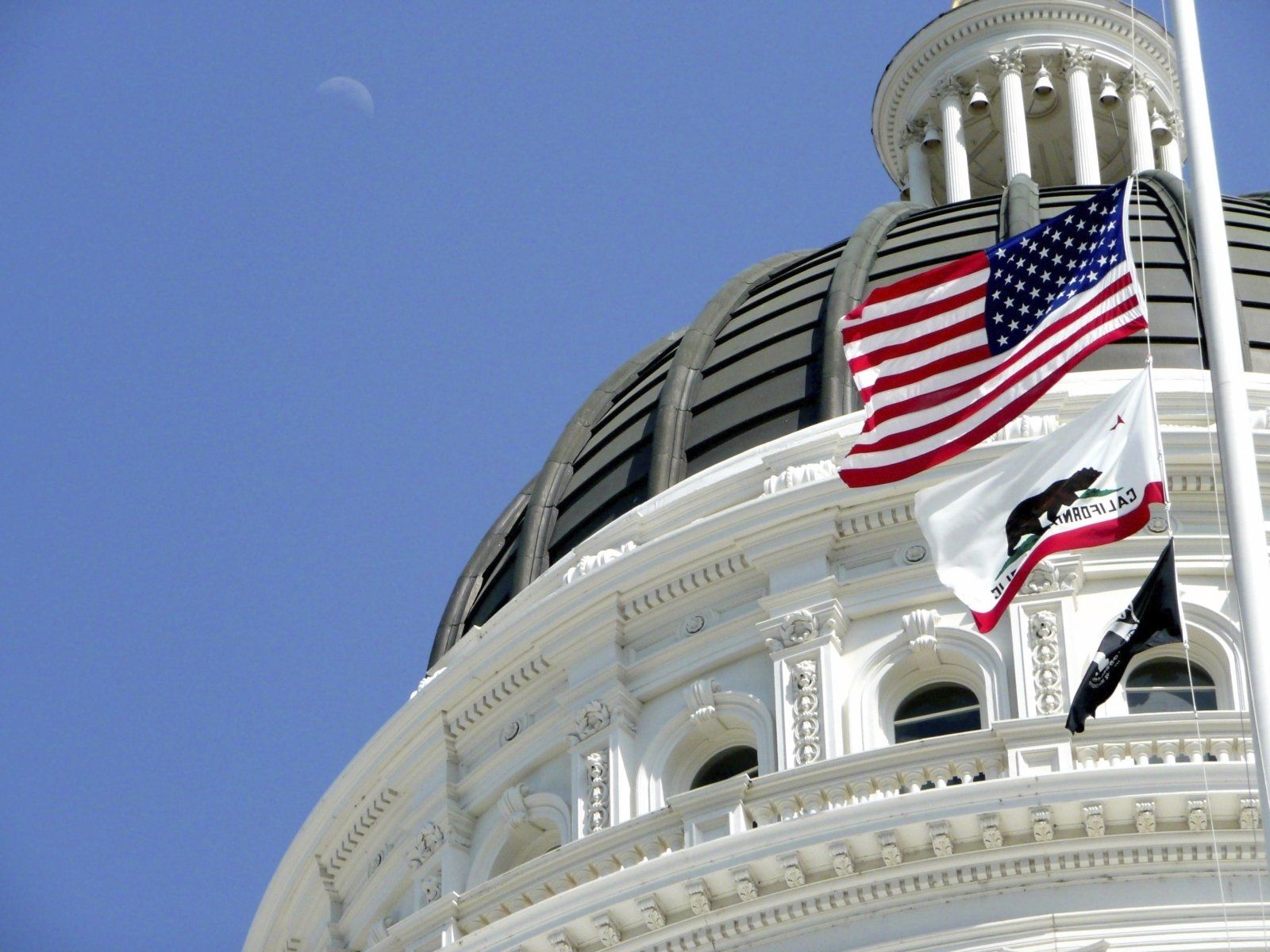If someone has used cannabis previously although it is legal in Canada, why would that make them ineligible for the NEXUS program.
The Cannabis Act also called bill C-45 was passed in June 2018 and it came into effect on October 17, 2018, legalizing the recreational use of marijuana within Canada. While Cannabis is now legal in Canada, it remains illegal in the United States. There is no change to U.S. immigration policy and the Immigration and National Act (INA) §212(a)(2)(A)(i)(II) states that: “any alien convicted of, or who admits having committed, or who admits committing acts which constitute the essential elements of…a violation of (or a conspiracy or attempt to violate) any law or regulation of a State, the United States, or a foreign country relating to a controlled substance…is inadmissible”
Narcotics related offences and crimes are deemed serious and unfortunately you are deemed high -risk even if you participated in illegal activities and were not caught or arrested. The 2018 amendment does not forgive previous convictions nor unlawful possession of the illegal substance (at the time). It just means that moving forward it is legal to use marijuana recreationally in Canada but before 2018 you would have been breaking the law thus making you a high risk individual and thus not eligible for the nexus program.



